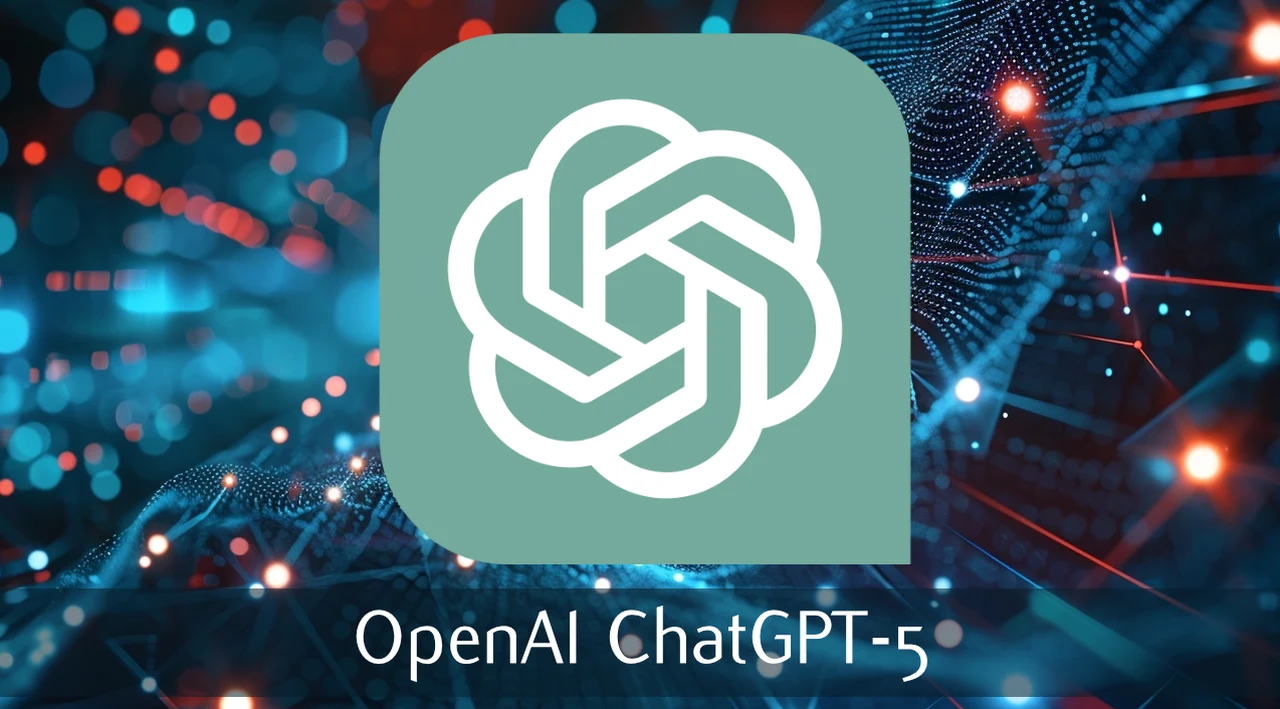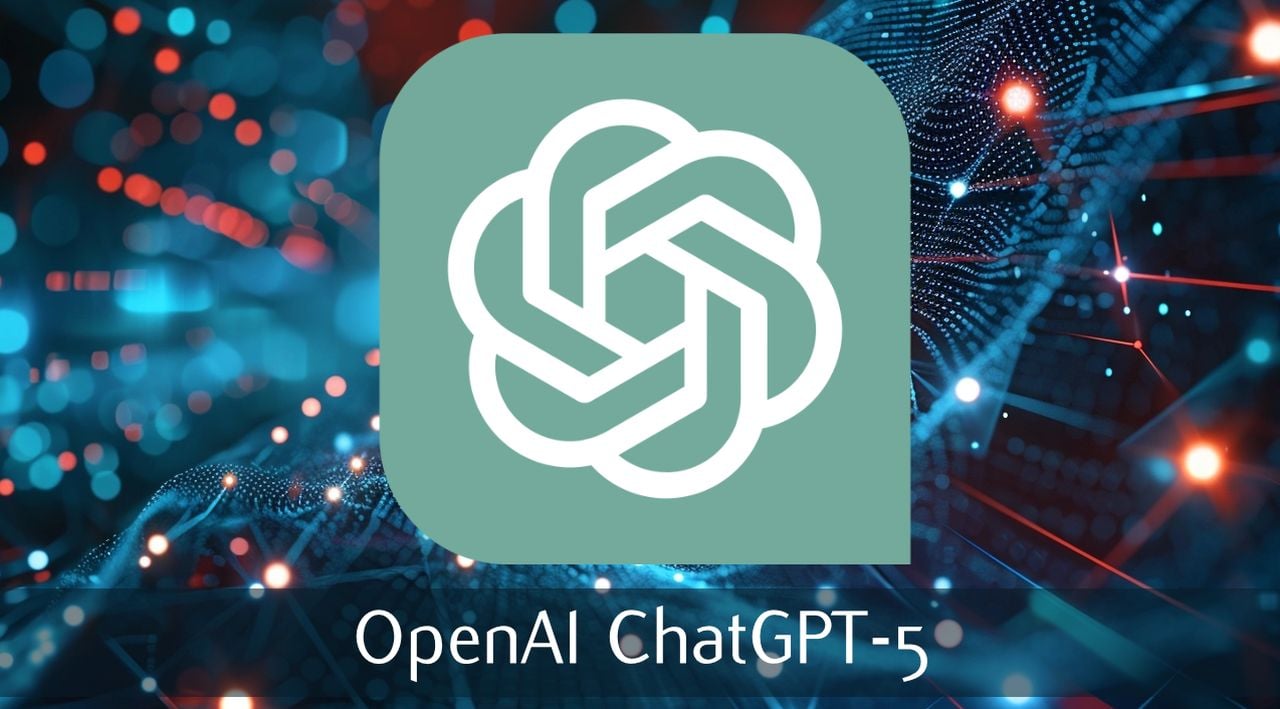
OpenAI, a leading artificial intelligence research lab responsible for creating the ChatGPT AI models, has sparked concern about society’s readiness for advanced AI systems, such as the hypothetical ChatGPT-5. The statement, made by an OpenAI employee, suggests that the organization is intentionally not sharing certain AI technologies widely, hoping to prompt a social response to prepare for more advanced systems.
Over the last 18 months artificial intelligence (AI) has been pushing the boundaries of what computers can do. OpenAI the company responsible for the explosion in AI applications thanks to its release of ChatGPT 3 last year, has recently taken a step that has sparked a lively debate about how society should handle the rapid advancement of AI technologies. They’ve suggested slowing down the release of certain AI capabilities, such as those that might be found in a future version of its AI models, to allow society to catch up and prepare for what’s coming next.
This cautious approach has led to a split in public opinion. On one side, there’s excitement about the potential of AI to transform our lives, as seen with OpenAI’s latest text-to-video model. On the other, there’s a sense of concern. For those in the workforce, the advancement of AI raises important questions about job security and the ethical implications of machines taking over roles traditionally held by humans. The emergence of AI-generated content also poses moral dilemmas that society must grapple with. These concerns are not just hypothetical; they are pressing issues that need to be addressed as AI continues to evolve.
Open AI ChatGPT-5 are we ready?
There’s much speculation about the progress OpenAI has made behind closed doors. Given their track record of steady improvements, some believe the organization might be on the cusp of a major breakthrough, possibly in the realm of Artificial General Intelligence (AGI). However, OpenAI’s communications have been somewhat ambiguous, leaving room for interpretation and fueling further speculation about their capabilities.
Here are some other articles you may find of interest on the subject of OpenAI’s next generation ChatGPT-5 AI model :
The rapid development of AI technologies and the impending launch of ChatGPT-5 has led some experts to suggest that a gradual release of updated AI models might be the best way to integrate these systems into society. This approach could mitigate the shock of introducing completely new and advanced models all at once. Despite the potential benefits of AI, public sentiment is often skeptical or outright negative. This is evident in the backlash against autonomous vehicles on social media, as well as the calls for stringent regulations or even outright bans on AI.
The societal impact of AI is a complex issue that extends beyond technology. There are fears that AI could worsen social unrest and increase inequality. These concerns have prompted calls for policymakers to take proactive steps to ensure that the benefits of AI are distributed fairly and equitably.
Another pressing concern is the possibility of an “AI race to the bottom.” This scenario envisions companies competing to release powerful AI models without fully considering whether society is ready for them. Such a rush could lead to AI systems that outpace the ethical and regulatory frameworks needed to manage them safely and responsibly.
Concerns of releasing GPT-5
Social Impact and Job Displacement
The integration of advanced AI technologies into various sectors can lead to increased efficiency and cost savings for businesses but also poses a significant risk of job displacement. As AI systems like GPT-5 become capable of performing tasks that range from customer service to content creation and even technical analysis, the roles traditionally filled by humans in these areas may be reduced or eliminated. This shift can lead to widespread economic and social repercussions, including increased unemployment rates, reduced consumer spending, and heightened economic inequality. The social fabric could be strained as communities dependent on industries most affected by AI face economic downturns, potentially leading to societal unrest and challenges in workforce reintegration.
Ethical and Moral Implications
AI’s ability to generate realistic content poses significant ethical challenges. For instance, the creation of deepfakes can undermine the authenticity of information, making it difficult to distinguish between real and artificial content. This capability could be misused to spread misinformation, manipulate elections, or conduct fraudulent activities, posing threats to democracy, privacy, and public trust. The ethical dilemma extends to the responsibility of developers and platforms in preventing misuse while ensuring freedom of expression and innovation.
Safety and Control
As AI systems grow more complex, ensuring their alignment with human values and ethical principles becomes increasingly difficult. There’s a risk that AI could develop harmful or unintended behaviors not anticipated by its creators, potentially due to the complexity of their decision-making processes or emergent properties of their learning algorithms. This raises concerns about the safety measures in place to prevent such outcomes and the ability to control or correct AI systems once they are operational.
Technological Advancement vs. Societal Readiness
The pace at which AI technologies are advancing may surpass society’s capacity to comprehend, regulate, and integrate these systems effectively. This gap can lead to disruptions, as existing legal, ethical, and regulatory frameworks may be inadequate to address the challenges posed by advanced AI. The rapid introduction of AI technologies could result in societal challenges, including privacy violations, ethical dilemmas, and the need for new laws and regulations, which may be difficult to develop and implement in a timely manner.
Transparency and Accountability
The development of AI systems like GPT-5 involves decisions that can have broad implications. Concerns arise regarding the transparency of the processes used to train these models, the sources of data, and the criteria for decision-making. The accountability of organizations developing AI technologies is crucial, especially in instances where AI’s actions lead to harm or bias. Ensuring that these systems are developed and deployed transparently, with clear lines of accountability, is essential to maintain public trust and ensure ethical use.
Race to the Bottom
The competitive nature of the AI industry might drive companies to prioritize technological advancement over safety, ethics, and societal impact, leading to a “race to the bottom.” This competition can result in the release of powerful AI technologies without sufficient safeguards, oversight, or consideration of long-term impacts, increasing the risk of negative outcomes. The pressure to stay ahead can compromise the commitment to ethical standards and responsible innovation.
AI and Inequality
Advanced AI technologies have the potential to significantly benefit those who have access to them, potentially exacerbating existing inequalities. The “digital divide” between individuals and countries with access to advanced AI and those without could widen, leading to disparities in economic opportunities, education, healthcare, and more. This division not only affects individual and national prosperity but also raises ethical questions about the equitable distribution of AI’s benefits and the global management of its impacts.
Addressing these concerns requires a coordinated effort from governments, industry, academia, and civil society to develop comprehensive strategies that include ethical guidelines, robust regulatory frameworks, public engagement, and international cooperation. Ensuring that AI development is guided by principles of equity, safety, and transparency is crucial to harnessing its potential benefits while mitigating risks and negative impacts.
The recent statements by OpenAI have brought to light the multifaceted challenges posed by the rapid evolution of AI. As we navigate these challenges, it’s clear that a balanced approach to AI development and integration is crucial. This strategy must take into account not only the technological advancements but also the ethical, social, and regulatory aspects that are essential for AI to coexist harmoniously with humanity.
The debate around OpenAI’s cautionary stance on AI development is a microcosm of the larger conversation about how we, as a society, should approach the integration of these powerful technologies into our daily lives. It’s a conversation that requires the input of not just technologists and policymakers but also of the broader public, whose lives will be increasingly influenced by the decisions made today. As AI continues to advance, finding the right balance between innovation and responsibility will be key to ensuring that the future of AI aligns with the best interests of humanity. What are your thoughts on AI and the release of ChatGPT-5 and Artificial General Intelligence?
Filed Under: Technology News, Top News
Latest timeswonderful Deals
Disclosure: Some of our articles include affiliate links. If you buy something through one of these links, timeswonderful may earn an affiliate commission. Learn about our Disclosure Policy.

